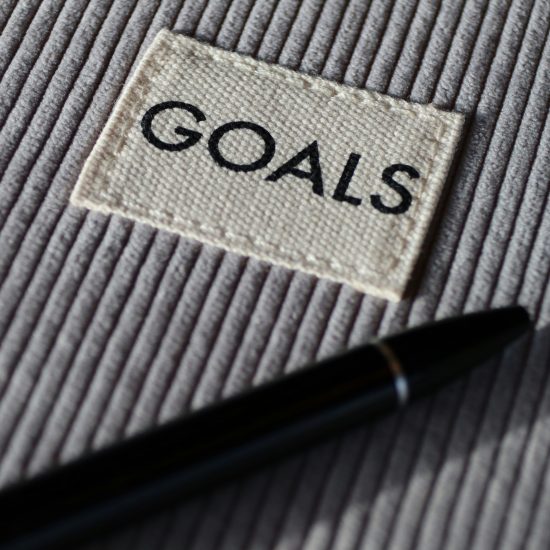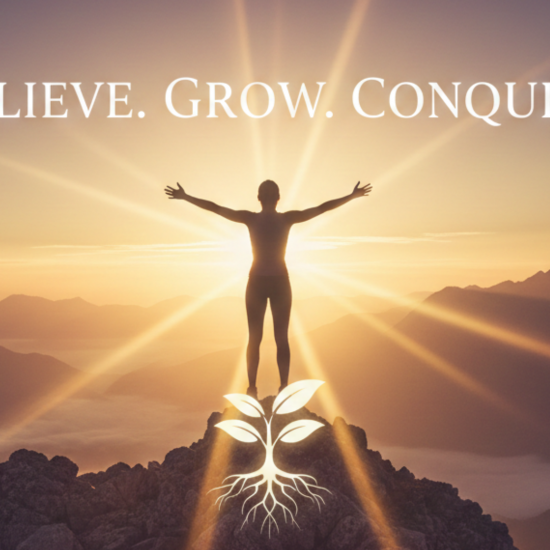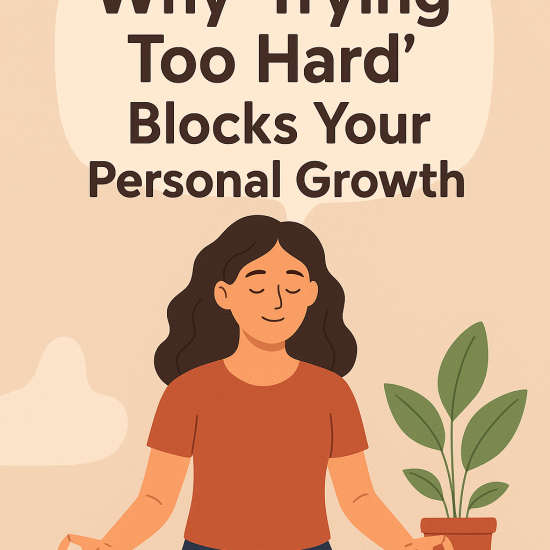Personality development is a continuous journey influenced by many factors, but one of the most powerful drivers is the cultural environment. Culture impacts how we see ourselves, how we behave, and how we relate to others. Our family traditions, values, education systems, and social interactions all play a role in shaping who we become. At the same time, personal development coaching helps individuals recognize these influences, adapt to them, and channel them toward long-term growth. By combining cultural awareness with coaching, people can enhance their personal development skills and create sustainable confidence rooted in authenticity.
The Link Between Culture and Personality
Culture forms the backdrop of every life decision. From the earliest stages of childhood, cultural values guide behaviors, communication, and emotional responses. Children learn what is considered polite, brave, or respectful through observation and reinforcement within their cultural setting. These lessons later shape how individuals respond to challenges, express emotions, and pursue goals.
For example, in collectivist cultures, identity is often tied to the group. Cooperation, loyalty, and harmony are highly valued. In contrast, individualist cultures encourage independence, self-expression, and personal achievement. Neither approach is inherently better; instead, each shapes personality development differently. Personal development coaching helps individuals recognize these influences and use them to their advantage rather than feeling limited by them.
Cultural Norms and Their Impact on Identity
Norms define what is socially acceptable within a community. They influence career choices, family roles, and even personal dreams. A person raised in a culture that values conformity may struggle with self-expression. Meanwhile, someone from a culture that prioritizes freedom may battle pressure to constantly prove independence.
Through personal development coaching, individuals learn to identify these cultural norms and evaluate whether they serve or hinder their growth. This self-awareness becomes the first step toward building confidence and refining personal development skills such as decision-making, adaptability, and resilience.
Traditions and Beliefs in Personality Formation
Traditions create a sense of belonging and continuity. Celebrations, rituals, and family practices strengthen identity and instill shared values. However, traditions can also become limiting when they discourage new opportunities or restrict self-discovery.
For instance, a cultural belief that certain professions are more respectable than others may prevent individuals from pursuing passions outside those paths. Coaching helps people respect their traditions while still carving out space for personal growth. By working with a coach, they can honor their cultural heritage without being confined by it.
Language and Communication as Cultural Tools
Language is not only a method of communication but also a mirror of culture. The words, tone, and expressions used in daily conversations reveal values and priorities. For example, in some cultures, direct communication is a sign of honesty. In others, indirect communication shows respect and humility.
These differences influence confidence, leadership styles, and interpersonal relationships. Personal development coaching helps individuals develop flexible communication skills. By doing so, they can adapt to different environments while staying true to themselves. This ability becomes a vital personal development skill for building meaningful connections across cultures.
Family Influence on Personality Growth
Family acts as the first cultural teacher. Parenting styles, expectations, and values shape emotional intelligence and self-esteem. Some families emphasize discipline and responsibility, while others encourage creativity and freedom. Both approaches influence how individuals view success, failure, and relationships.
Personal development coaching provides a safe space to reflect on family influences. By analyzing these early experiences, individuals can separate supportive lessons from limiting ones. This process enables them to build resilience, improve self-awareness, and strengthen their overall personality development.
Education and Cultural Systems
Education reflects cultural priorities. In some societies, competitive systems push students toward top performance, while others emphasize collaboration and collective success. Both systems shape mindsets toward learning, achievement, and problem-solving.
A highly competitive environment may create ambitious individuals but also increase stress. On the other hand, cooperative environments may nurture teamwork but risk reducing personal ambition. Personal development coaching helps individuals adapt to either system while developing critical personal development skills such as goal-setting, focus, and perseverance.
Peer Groups and Social Influences
Friends, peers, and communities have a powerful impact on personality. Peer pressure can either encourage growth or foster conformity. A supportive social group builds confidence and nurtures positive behaviors. In contrast, negative peer pressure can hinder independence and self-esteem.
Through coaching, individuals learn strategies to maintain authenticity while navigating social expectations. By strengthening decision-making and emotional regulation, they develop the ability to choose paths aligned with personal goals rather than simply following the crowd.
Challenges of Cultural Barriers
Cultural environments do not always provide equal opportunities for growth. In some cases, restrictive norms suppress creativity, limit career opportunities, or discourage individuality. For example, gender expectations may restrict leadership opportunities for women, while societal stigma may discourage people from pursuing unconventional careers.
Personal development coaching identifies these barriers and provides tools to overcome them. With guidance, individuals learn to challenge limiting norms, embrace their potential, and pursue success while respecting their cultural identity.
The Role of Personal Development Skills in Growth
Developing personal development skills is crucial in navigating cultural influences. Skills such as emotional intelligence, adaptability, communication, and problem-solving enable individuals to grow despite challenges. For example, someone from a culture that discourages open emotional expression may struggle with self-awareness. Coaching helps unlock these abilities and integrate them into daily life.
By refining these skills, individuals become more confident, adaptable, and resilient. They learn to strike a balance between cultural expectations and personal aspirations. This balance leads to authentic personality development and long-lasting success.
Cultural Diversity and Global Exposure
In today’s interconnected world, exposure to diverse cultures is common. Traveling, studying abroad, or working internationally introduces new perspectives. These experiences enrich personality development by encouraging adaptability and broadening horizons.
Personal development coaching supports individuals in integrating these experiences. Coaches help them translate cultural diversity into strengths, enhancing leadership, collaboration, and empathy. This global mindset becomes a competitive advantage in both personal and professional life.
Practical Ways to Align Culture with Personal Growth
Balancing cultural heritage with personal growth is possible. Here are practical steps individuals can take:
- Reflect on cultural values that shaped your beliefs.
- Identify strengths rooted in traditions and heritage.
- Challenge limiting norms that restrict your growth.
- Invest in personal development coaching for guidance.
- Strengthen personal development skills like adaptability and communication.
- Embrace diversity to expand your perspective.
By following these steps, individuals honor their roots while moving confidently toward their future.
Why Personal Development Coaching Matters
Coaching is not about rejecting culture. Instead, it is about using cultural influences as tools for growth. A coach helps individuals understand their environment, identify opportunities, and develop strategies for success. This guidance ensures that personal development skills are applied effectively in different contexts.
Through coaching, people gain clarity about their goals, confidence to pursue them, and resilience to overcome setbacks. It creates a structured pathway where cultural identity and personal ambition can coexist in harmony.
Real-Life Example of Cultural Influence and Coaching
Consider a professional raised in a culture that values stability and discourages risk-taking. They may hesitate to pursue entrepreneurial goals despite having innovative ideas. Coaching provides perspective, tools, and encouragement to overcome cultural fears.
By developing personal development skills such as risk assessment, decision-making, and communication, the professional learns to respect cultural values of stability while confidently stepping into new opportunities. This transformation illustrates how coaching bridges cultural expectations and personal ambitions.
The Future of Personality Development in a Globalized World
As globalization continues, individuals interact with cultures beyond their own. This shift demands greater adaptability, open-mindedness, and emotional intelligence. Personality development coaching equips people with these skills, ensuring they thrive in diverse environments.
Future leaders will need to respect cultural traditions while promoting innovation and inclusivity. Coaching helps them achieve this balance by fostering awareness, confidence, and purpose-driven growth.
The cultural environment profoundly influences personality development. From family traditions to social norms, culture shapes values, behaviors, and confidence. However, personal development coaching provides the bridge between cultural identity and personal growth. It empowers individuals to build essential personal development skills, challenge limiting beliefs, and embrace opportunities.
By combining cultural awareness with coaching, individuals can create sustainable confidence, authentic self-expression, and a balanced personality ready for future challenges. Culture shapes us, but with the right guidance, we shape our destiny.





